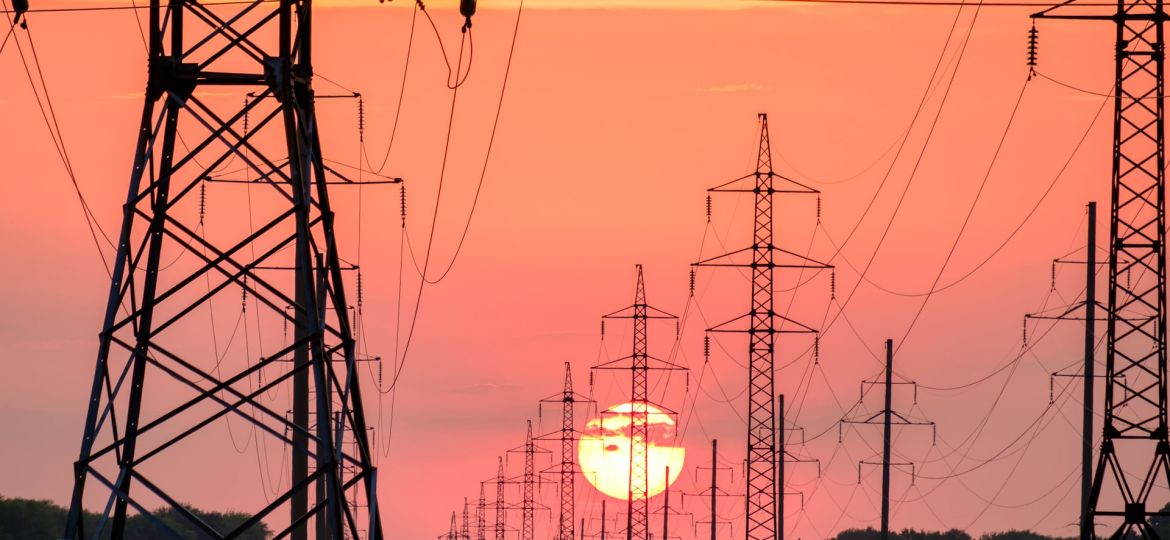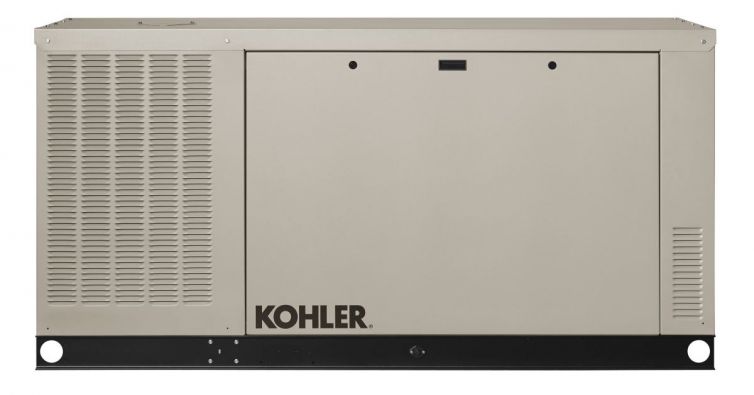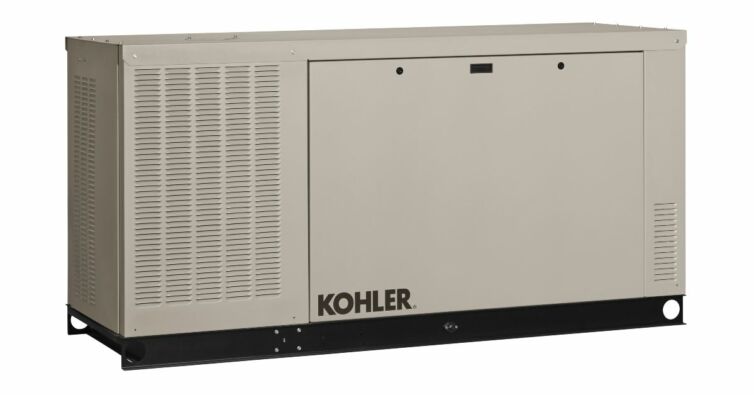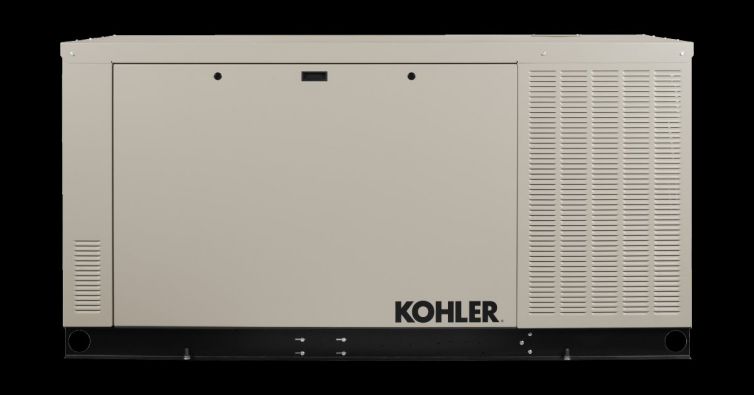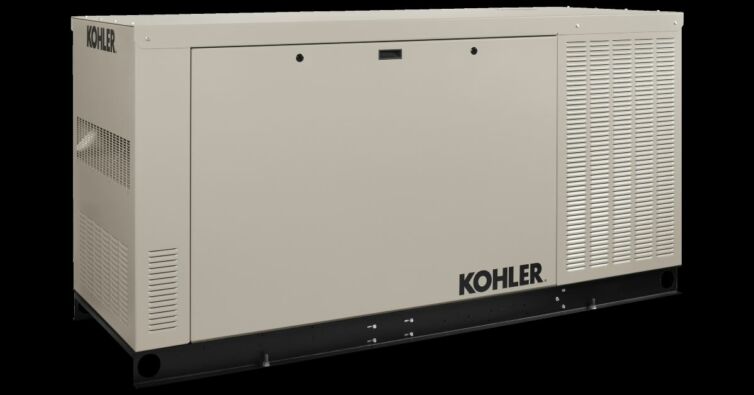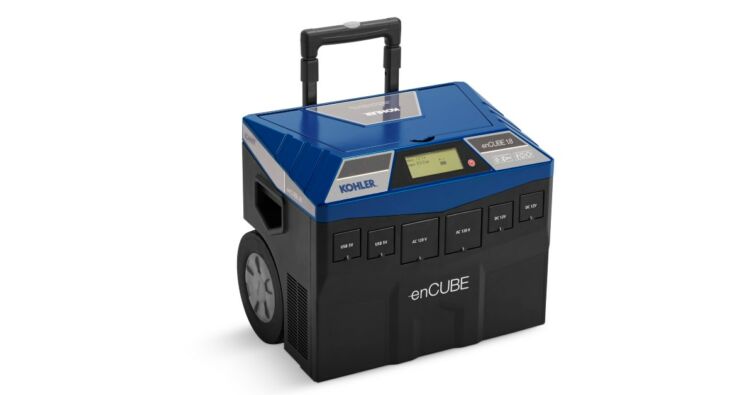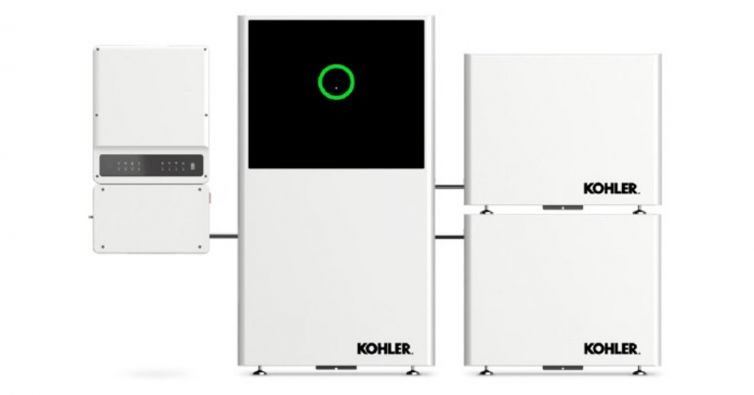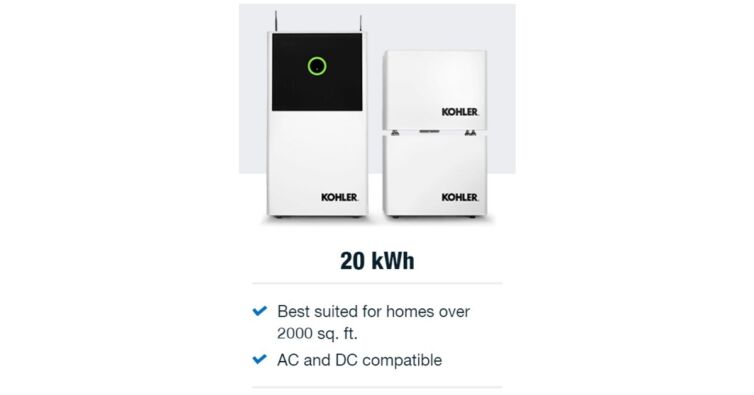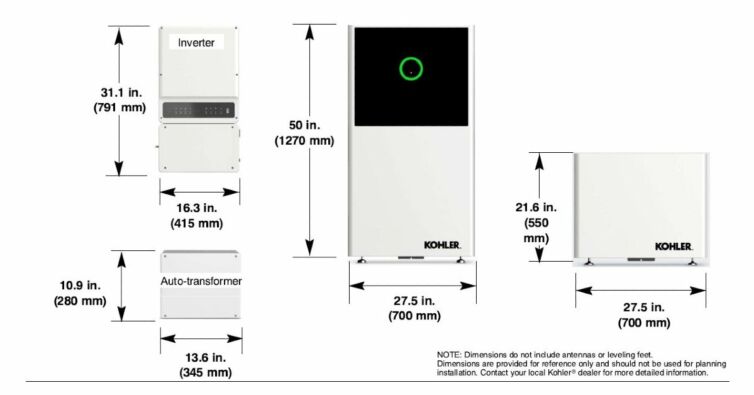Whether we believe it or not, it is a fact that climate change is affecting our daily lives and impacts us to an extent we can no longer ignore. It has been common in the recent decade that we experience power outages caused by powerful storms and hurricanes. This clearly puts the entire operation of the public electricity network to the test since such climatic phenomena are ever more frequent and carry more force.
Previously we looked into the issue of power outages caused by natural phenomena such as storms and hurricanes. We went through steps that prepare you, your family and your community for weather emergencies as you can check in the following article: “Weather warnings near me, how to be always prepared“.
However, in recent times we have been facing new threats, increasingly frequent and intense heat waves that are testing the energy supply globally presenting a series of new problems.
The following article offers a detailed analysis to help you understand why the recent heat waves produce long power outages ever more frequently in all corners of the world. Importantly, it will give you tips to prevent being affected by this new reality.

“The United States is experiencing more power outages than any other industrialized nation. About 70% of our network is reaching the end of its life”.
Teri Viswanath, lead economist for power, energy and water at CoBank ACB.
Recent evidence shows that global power grids are unprepared for the effects of climate change, manifested through extreme weather events.
Climate change on one hand increases the demand for energy for both, to keep people cool during heat waves or warm in the midst of winter storms. On the other hand it has damaging impact on the actual physical electrical networks. The world is now in a race against time to shift its energy supply to renewable sources, such as wind and solar. At the same time our electricity consumption is on the rise powering air conditioning and fuelling the growing volume of electric vehicles on the road.
The current situation is literally a perfect storm of extreme temperatures, increased electricity consumption and outdated infrastructure. Climate change means that today’s extreme heat waves will become more common and will continue to increase pressure on electricity supplies.
Hundreds of people have died during recent heat waves. The effects of heat waves have been disproportionately worse for historically marginalized communities, in both first and third world countries. People who are older or very young, who have certain medical conditions, or who work outdoors are also more likely to feel the impacts of extreme heat.
In China, where coal shortages led to widespread power cuts last year, officials have vowed to keep the lights on in 2022 and pressured coal miners to ramp up output to a record. Still, industry officials have warned that the energy situation will be difficult to manage in the heavily industrialized south of the country, which is far from inland mining centers.
In Japan, the Tokyo Metropolitan Government has launched a campaign for energy conservation, asking residents to take measures such as watching less television.
The risk of heat power outages is lower in Europe, because fewer people are in the habit of using air conditioning at home. However, the continent also has its own problems to fill its energy storage due to the recent war in the east.
Global power grids are about to face their biggest test in decades with world’s largest economies ageing and failing networks.
War. Drought. Production shortage. Historically low inventories. And the pandemic aftermath. Energy markets around the world have been tried and affected in recent years, which meant that consumers have suffered the consequences of rising prices. And in addition it is all getting worse due to climate change.
Without energy sources, human life would turn to hardship. Poverty, age and proximity to the equator will increase the likelihood of illness and death from extreme temperatures. Prolonged power outages also mean that tens of thousands are at risk to lose access to clean water.
If blackouts persist, and businesses take the hit, we have another potential challenge resulting in economic shock.
How do heat waves cause power outages?
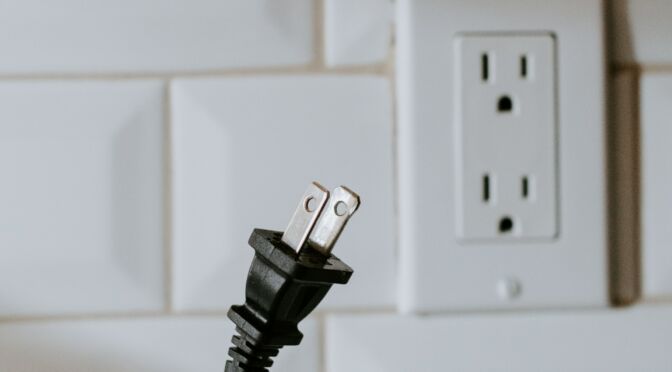
A chain reaction...
- Power demand during hot summer weather can overload electrical equipment causing sustained electrical power demand during heat storms, which causes power outages. Power outages occur when circuit breakers or other protective equipment shuts off the flow to give transformers enough time to cool down properly, in order to prevent further damage to the electrical system. Overnight, this can causes them to overheat and damage the electrical equipment. Although energy consumption tends to increase in the hot weather, conservation efforts can play an important role in reducing of the strain on the electric system. Due to ussually service area’s have vast terrain, the power companies may not be able to respond to all outages at the time of their occurrence.
- Increased demand for air conditioning during the hot weather may overload electric lines, transformers, and other equipment resulting in power outages.
- Sustained electric demand during heat storms may cause power outages. Power outages occur when circuit breakers or other protective equipment shuts off the flow and does to give transformers enough time to cool down properly, in order to prevent further damage to the electrical system.
- When underground lines suffer from stressed insulation, a short circuit may occur as the lines expand from the heat.
- Overloaded lines may cause them to heat up, expand or bust; in some cases lines may bust into tree branches, causing a short circuit.
- Customers may experience a power outage when circuit breakers or other protective equipment shuts off the flow of power, in order to prevent damage to the electrical system.
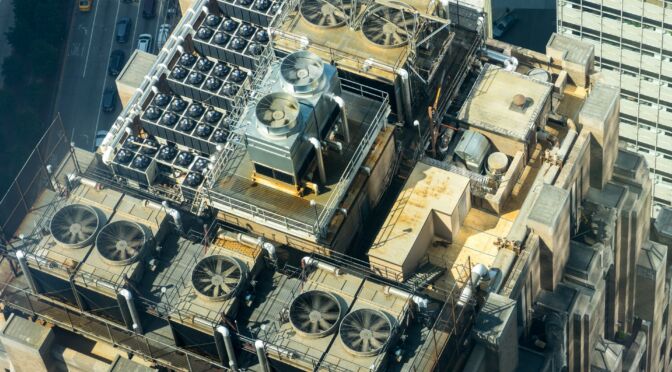
There are some energy sources that are worse for the environment than others. They all feed electricity to a country’s grid, a giant and complex engineering system, full of cables, sensors, poles and high and low voltage transformers that work together to transport electricity to your house.
Electricity travels through the grid, moving from high-voltage lines that carry electricity over long distances to low-voltage lines, a process known as “stepping down.” Low-voltage lines distribute electricity to buildings and then to individual appliances and electronics. But there are obstacles to transforming energy sources to clean energy. In most countries there are problems with congestion on transmission lines that have reached the limit of the amount of electricity they can carry, whatever the source. For example, in the United States, in Vermont, solar and wind energy have stagnated because the grid is already too constrained.
What makes a country’s power system unique compared to any other type of infrastructure is that it is almost instantaneous. If users turn on a lamp, there is an instantaneous mismatch between supply and demand, and power plants must respond almost in real time to that increase in demand.
Summers in much of the northern hemisphere of the earth are a typical peak for electricity use. Each year is ever more suffocating as climate change intensifies. It’s already so hot in some parts of South Asia that the air temperature is scorching enough to cook a raw salmon. Scientists predict scorching months for the US Energy use is sure to rise as homes and businesses turn on air conditioners year after year in the summer seasons.
Hot weather can increase energy demand, often to power air conditioners, which can overload the electrical grid and lead to power outages and partial blackouts that reduce the total energy available. At the same time, high temperatures can make power plants less effective, limit the amount of power power lines can carry, and make failures more likely in transformers, which help control voltage across the city electrical network.
During the summer months, you may receive an alert telling you to reduce your electricity usage, such as delaying vacuuming until evening. If the problem gets bad enough, utilities could even use rolling blackouts, when a utility company temporarily cuts power to different areas to avoid overloading the entire system, to protect the grid. Of course, while these steps may be deemed necessary by officials, continued power outages can be inconvenient and even risky for residents who need power to stay cool during heat waves. People can die from excess heat and in fact they do.
Climate change means that extreme weather events are becoming more intense and more common, which is worrying not only because the power grid is ageing in many parts of the western world as well as in emerging market economies. Unfortunately, the electricity grid in most countries of the world is not prepared for an imminent and unsettling future. In addition to the excess demand we have described, the heat can also cause problems for power lines because they can bust, as a result of the metal inside them expanding, and risk hitting a tree or building and causing a fire. At the same time, power plants rely heavily on water, which they need to cool their systems. This means that as hot, dry weather increases demand for air conditioning, the increased need for power also increases demand for mains water, which is often in short supply during dry spells. Cooling systems also require electricity, further increasing energy demand. It’s all a vicious circle.
Thank you!
We will contact you soon.
What can we do to avoid being affected?
To minimize the impact on you, your family and your assets, there are several things you can do: Some are at the level of involving community and others are at the individual level. Please check below:
- Follow the instructions of the authorities and the energy company that supplies your area. Do not be selfish and understand that you and your family must collaborate. Educate and make your family and those close to you aware of the need to follow the instructions and recommendations of the authorities and the energy company that serves you.
- Collaborate with your community in the face of contingencies derived from heat waves, understand that you are part of it and that the common good benefits you and your family.
- You can purchase a backup generator or a whole house generator with which you can save your family from the ravages of blackouts, and you can also share some of your backup power with a neighbour in an emergency ( a health or other life threatening emergency). Current backup power generators have state-of-the-art technology to prevent pollution and to be an effective solution to power your home.
Here are some backup generator options that you can purchase in our online store:
Home generator for sale
SKU: 60RCLB-QS8
SKU: 60RCLB-QS7
SKU: 60RCLB-QS6
SKU: 48RCLC-QS8
What can be done collectively to prevent these problems from Occurring and from affecting the community?

Certainly, the transition to renewable energy is crucial in the fight against climate change. Burning more coal to tackle power outages only increases emissions, creating a vicious cycle that leads to more heat waves and thus puts more stress on grids.
Instead, the grid will need to be upgraded through transitioning to cleaner energy sources like wind and solar. Adapting the grid and energy storage infrastructure to accommodate these new types of energy, and changing our approach to energy consumption in general.
The system also needs to predict and respond to changes in energy demand. One part of the solution is smart grid technologies, which use internet-connected sensors in various parts of the network to collect much more detailed data about how well those parts are working. That real-time data can also help utilities quickly resolve potential problems before they become widespread.
In the short term, to help avoid outages like the ones we’ve seen recently, power companies could educate customers more about what causes outages or even offer incentives to cut down on electricity use during heat waves.


